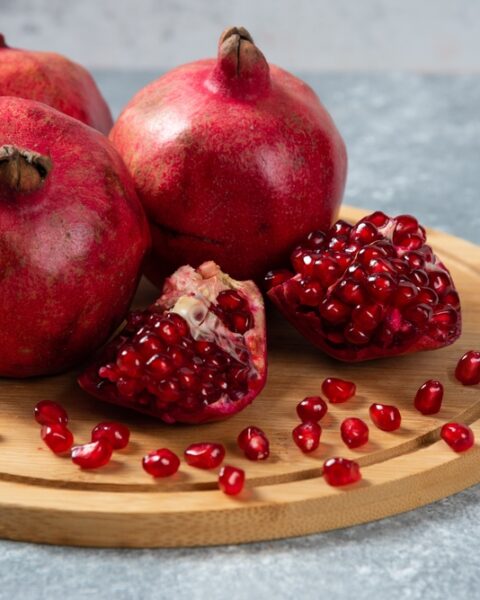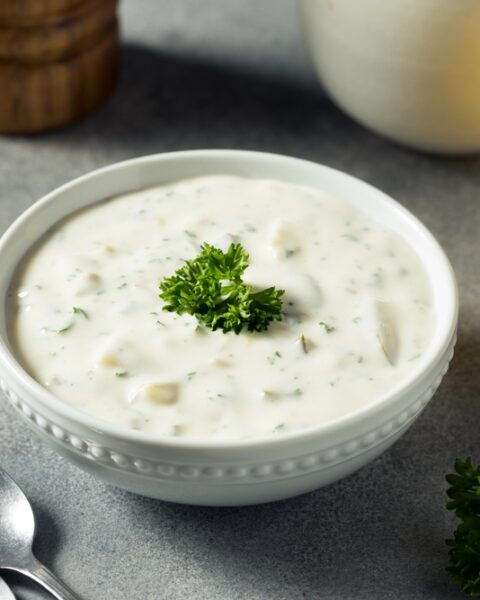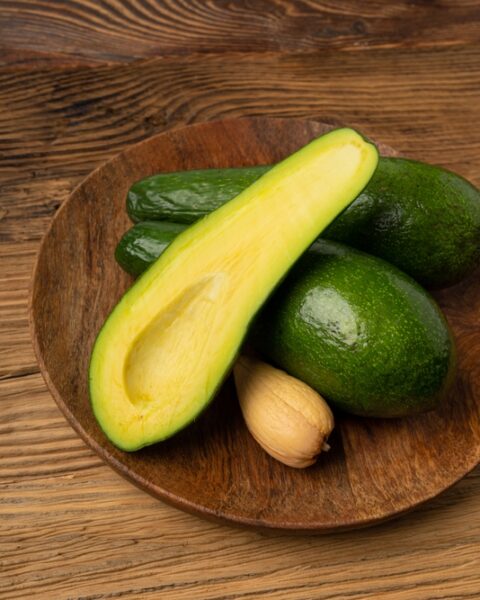Adding lean proteins to your meals every day is a solid move for feeling stronger, keeping energy steady, and supporting your body overall. These proteins pack in the nutrients without piling on the fat, making it easier to eat healthy without giving up flavor. From meats and fish to dairy and plant-based choices, there’s a great variety to pick from, so you never get bored. Dive in and find your favorites—your meals are about to get both healthier and tastier.
Contents
- 1 Skinless Chicken Breast
- 2 Turkey Breast
- 3 Egg Whites
- 4 Greek Yogurt
- 5 Cottage Cheese
- 6 Tofu
- 7 Lentils
- 8 Edamame
- 9 Quinoa
- 10 Shrimp
- 11 Cod
- 12 Tilapia
- 13 Pork Tenderloin
- 14 Scallops
- 15 Venison
- 16 Beans
- 17 Peas
- 18 More From RetailShout
- 19 20 Unique and Fun Home Products to Grab at Target
- 20 What Are 16 Hot Items at Trader Joe’s This Week (11/03/2024)
Skinless Chicken Breast
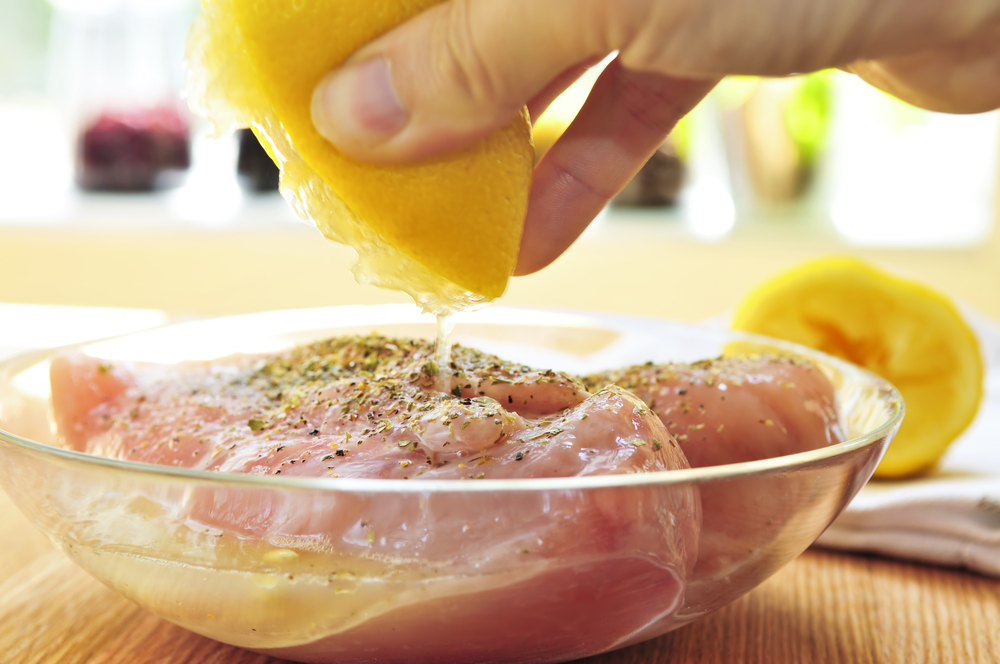
Skinless chicken breast is a staple in many diets due to its high protein content and low fat levels. A 3-ounce serving provides approximately 27 grams of protein and only about 2.5 grams of fat. It’s also rich in essential nutrients like niacin and vitamin B6, which are vital for energy metabolism. Versatile in cooking, it can be grilled, baked, or sautéed to fit various recipes. Removing the skin further reduces its fat content, making it an even leaner option.
Turkey Breast
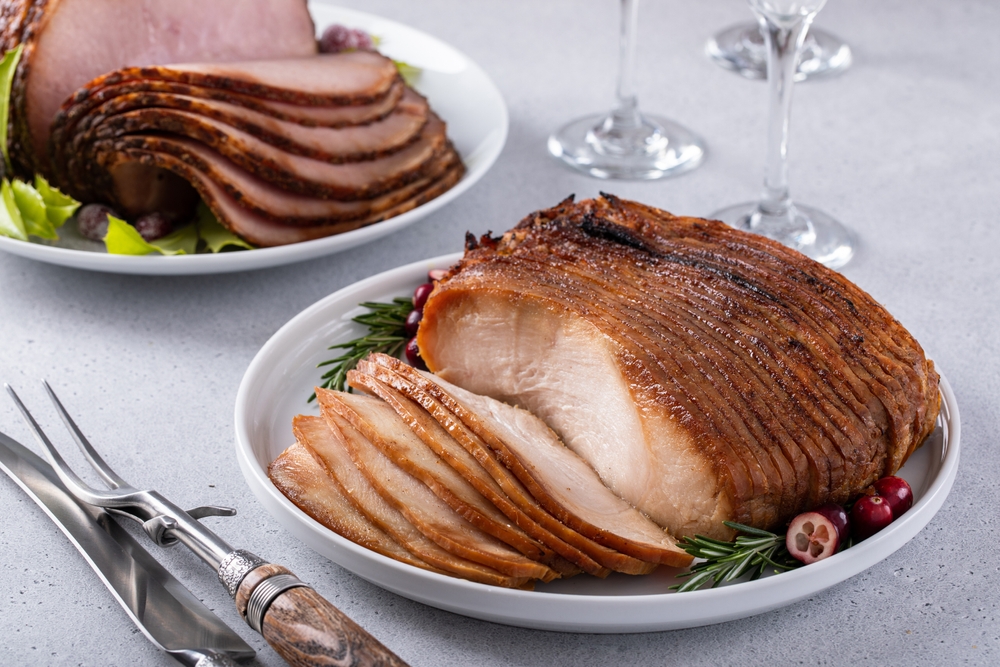
Turkey breast is another excellent source of lean protein, offering about 25 grams of protein per 3-ounce serving. It’s low in fat, with less than 2 grams per serving, and provides important nutrients such as selenium and zinc. These minerals play roles in immune function and antioxidant defense. Turkey breast can be used in sandwiches, salads, or as a main dish, providing versatility in meal planning. Opting for skinless cuts ensures a lower fat intake.
Egg Whites
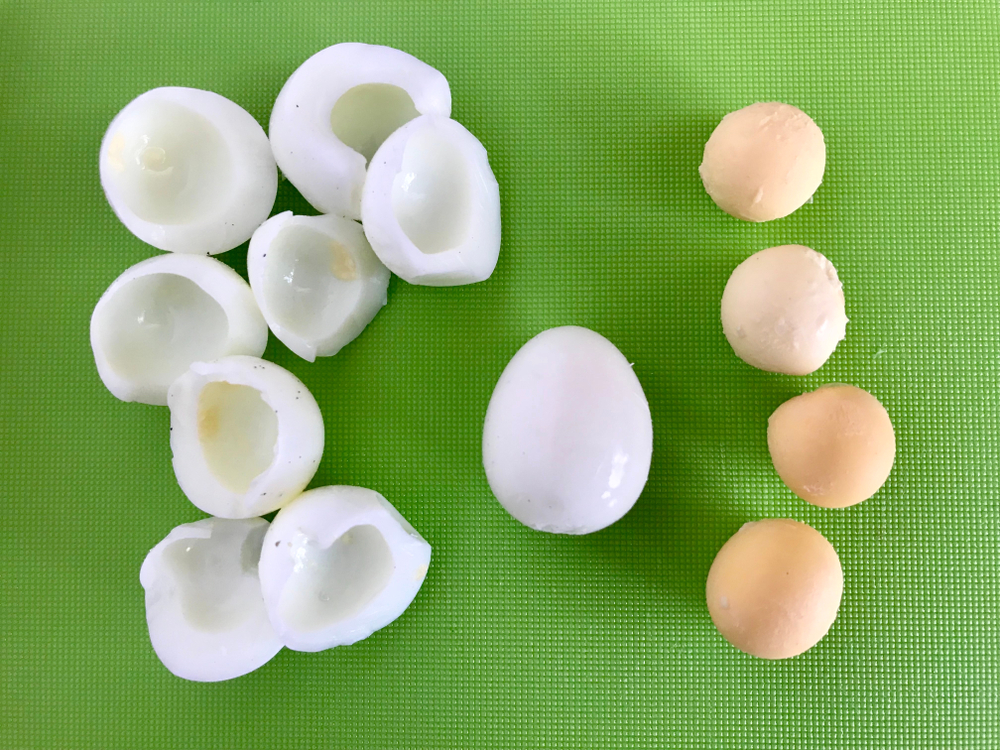
Egg whites are a lean protein source, containing about 3.6 grams of protein per large egg white and virtually no fat. They are free from cholesterol, making them suitable for those monitoring their cholesterol levels. Egg whites can be incorporated into omelets, scrambled dishes, or baked goods to boost protein content without adding significant calories. They are also rich in essential amino acids necessary for muscle repair and growth. Using egg whites in place of whole eggs can help reduce overall fat intake.
Greek Yogurt
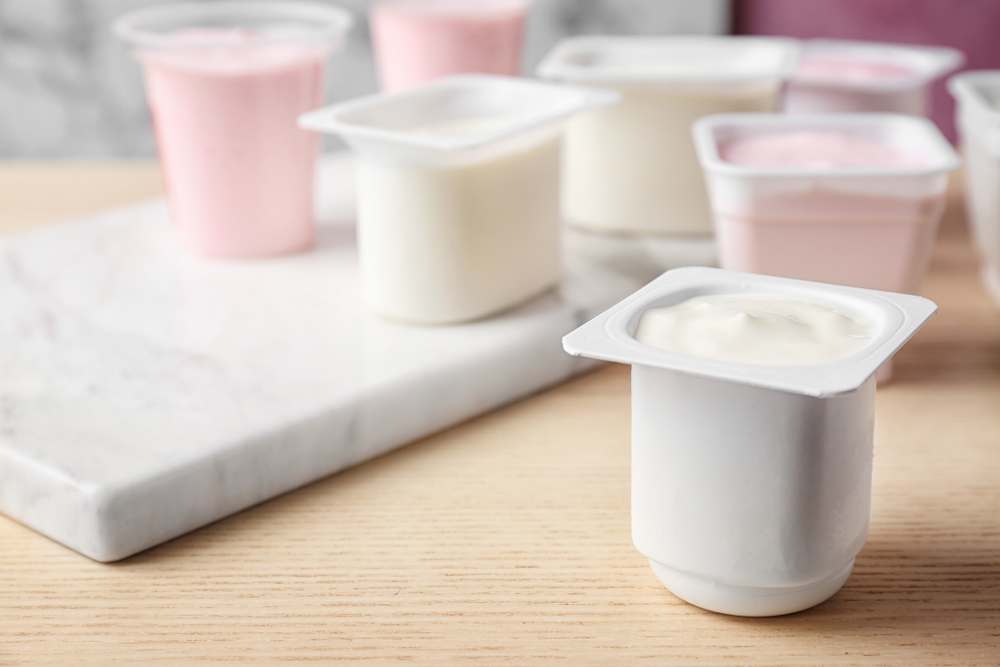
Greek yogurt is a dairy product known for its high protein content, offering about 10 grams of protein per 100-gram serving. It’s lower in lactose than regular yogurt, making it more digestible for some individuals. Additionally, Greek yogurt provides probiotics that support gut health and calcium for bone strength. It can be consumed on its own, blended into smoothies, or used as a base for sauces and dressings. Choosing non-fat or low-fat versions helps keep the fat content minimal.
Cottage Cheese

Cottage cheese is a fresh cheese curd product that is high in protein, with approximately 28 grams per cup. It’s low in fat, especially when opting for low-fat or fat-free varieties. Cottage cheese is also a good source of calcium and B vitamins, supporting bone health and energy metabolism. It can be eaten plain, mixed with fruits, or used in cooking and baking. Its mild flavor makes it a versatile addition to both sweet and savory dishes.
Tofu
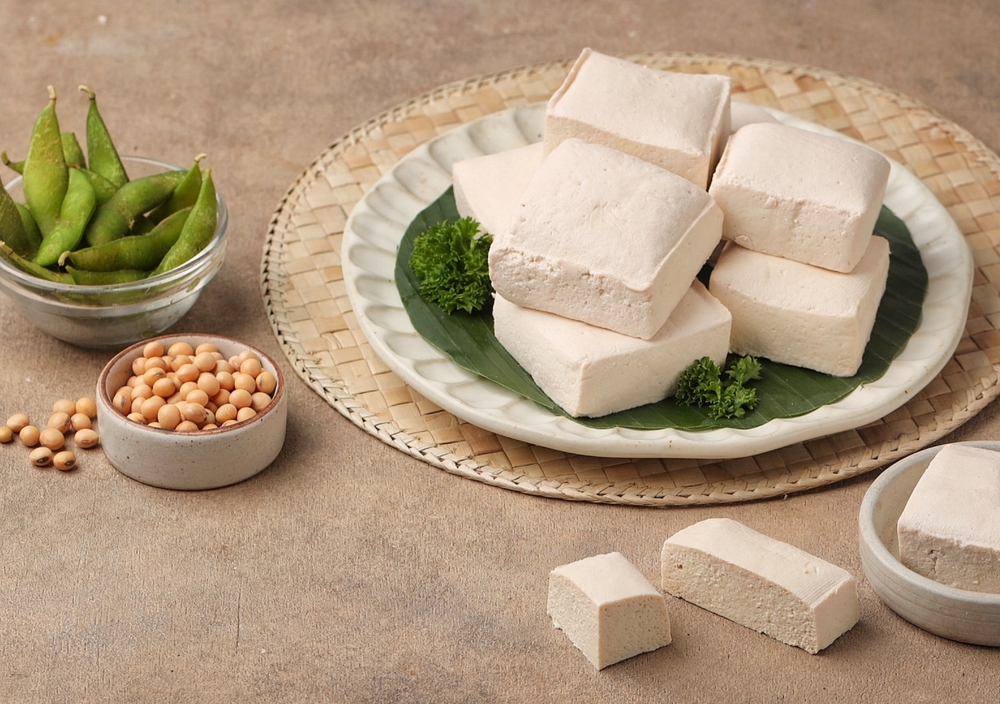
Tofu, made from soybeans, is a plant-based protein that provides about 9 grams of protein per 3-ounce serving. It’s low in fat and contains all nine essential amino acids, making it a complete protein source. Tofu is also rich in iron and calcium, which are beneficial for blood health and bone strength. It absorbs flavors well, making it suitable for a variety of dishes, from stir-fries to smoothies. Both firm and silken varieties offer versatility in cooking applications.
Lentils
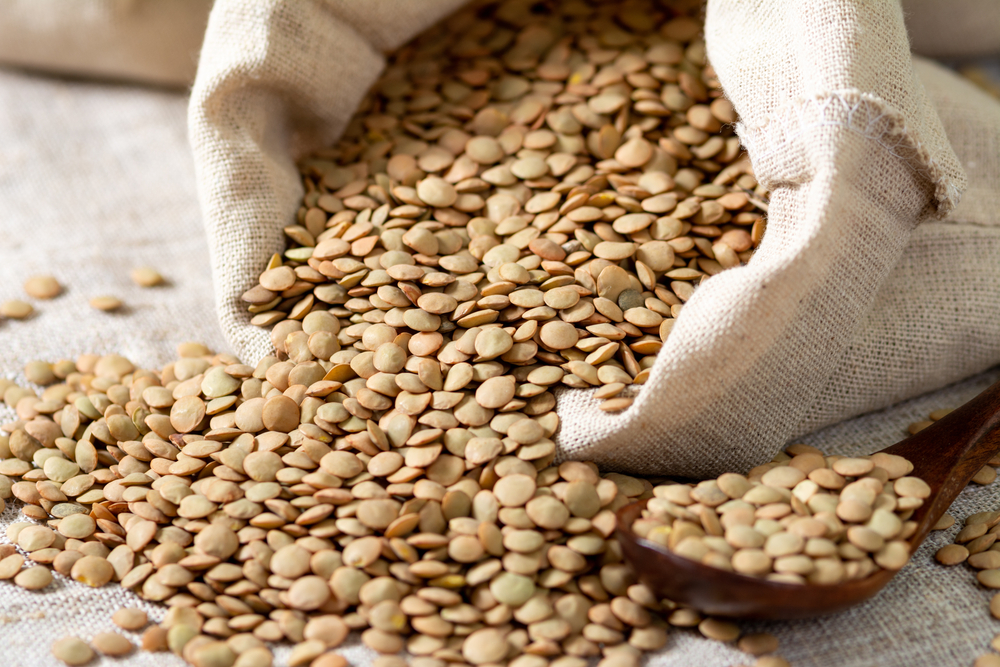
Lentils are legumes that offer about 18 grams of protein per cooked cup. They are low in fat and high in dietary fiber, which aids in digestion and helps maintain stable blood sugar levels. Lentils are also a good source of iron and folate, supporting oxygen transport and DNA synthesis. They can be used in soups, stews, salads, or as a meat substitute in various recipes. Their quick cooking time and affordability make them a convenient protein option.
Edamame
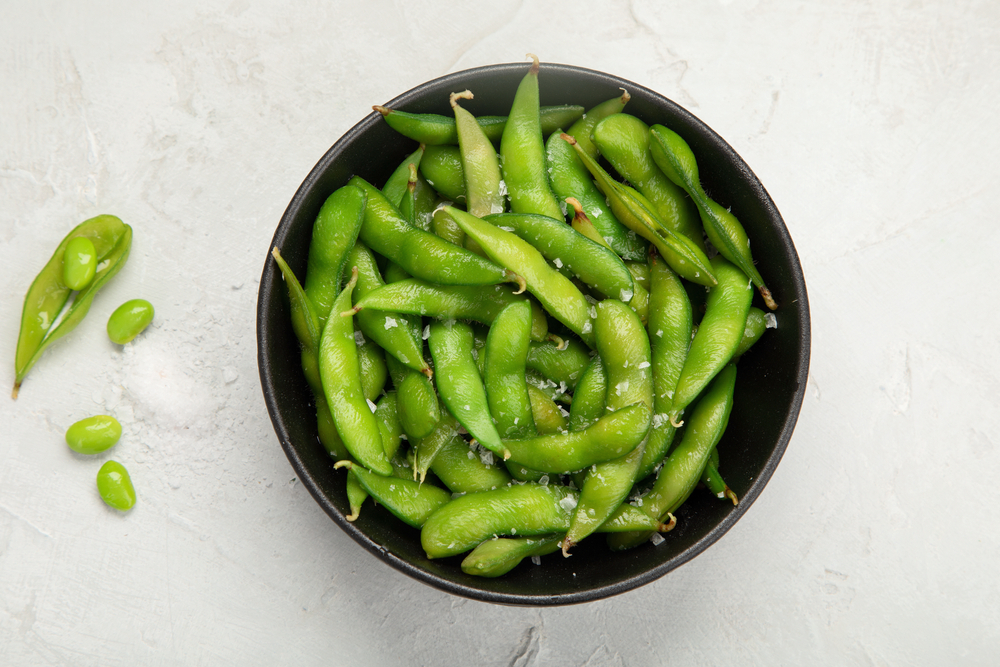
Edamame, or young soybeans, provide about 17 grams of protein per cooked cup. They are low in fat and contain fiber, vitamins, and minerals, including vitamin K and folate. Edamame can be enjoyed as a snack, added to salads, or incorporated into stir-fries. They are also a source of isoflavones, compounds that may have antioxidant properties. Their mild flavor and firm texture make them a versatile addition to many dishes.
Quinoa
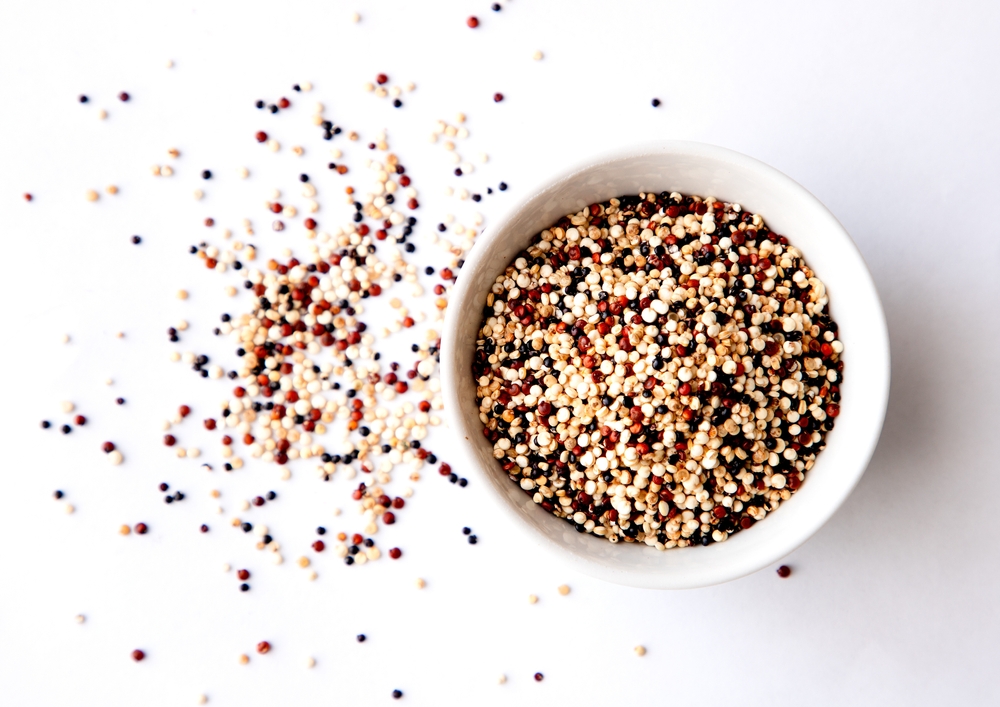
Quinoa is a whole grain that provides about 8 grams of protein per cooked cup. It contains all nine essential amino acids, making it a complete protein source. Quinoa is also high in fiber, magnesium, and phosphorus, supporting digestive health and energy production. It can be used as a base for salads, served as a side dish, or incorporated into soups and stews. Its nutty flavor and fluffy texture make it a popular alternative to rice or pasta.
Shrimp
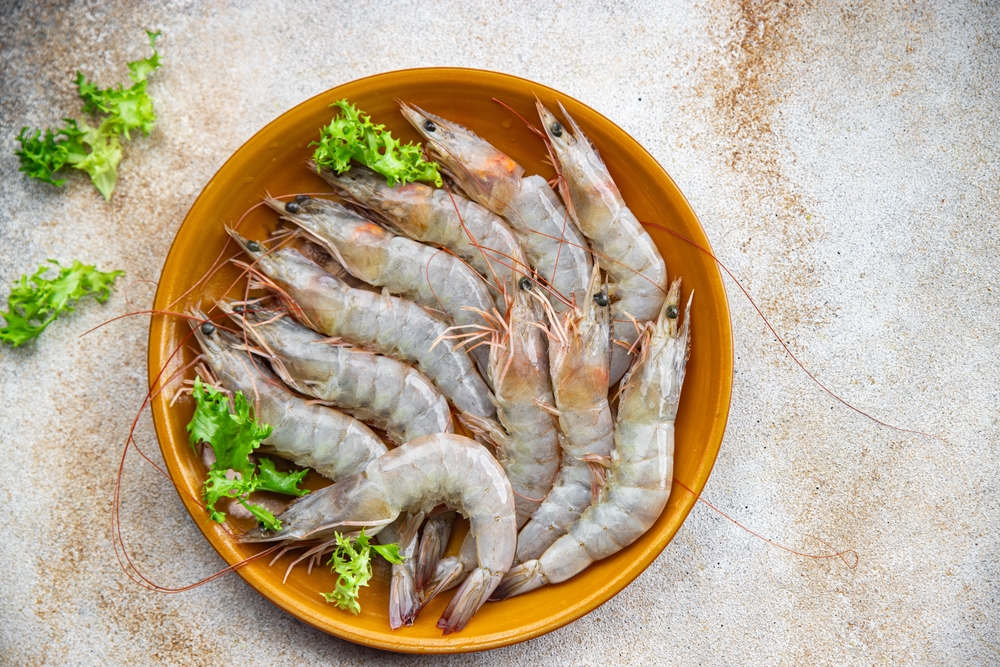
Shrimp are shellfish that offer about 20 grams of protein per 3-ounce serving. They are low in fat and calories, making them an excellent lean protein choice. Shrimp are also a good source of selenium and vitamin B12, supporting immune function and nerve health. They can be grilled, boiled, or sautéed and used in a variety of dishes, from salads to pastas. Opting for fresh or properly stored frozen shrimp ensures the best quality and flavor.
Cod
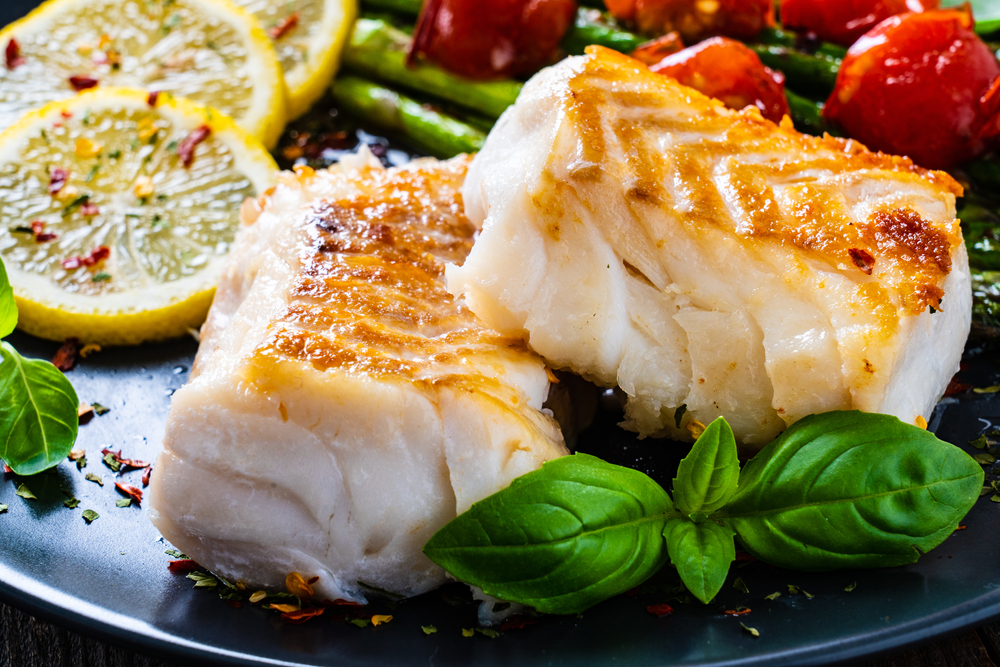
Cod is a white-fleshed fish that provides approximately 20 grams of protein per 3-ounce serving. It’s low in fat and calories, making it an excellent lean protein option. Cod is also a good source of vitamins B6 and B12, which are important for energy metabolism and nervous system health. Its mild flavor and flaky texture make it versatile for various cooking methods, including baking, grilling, and poaching. Incorporating cod into your diet can contribute to heart health due to its omega-3 fatty acid content.
Tilapia
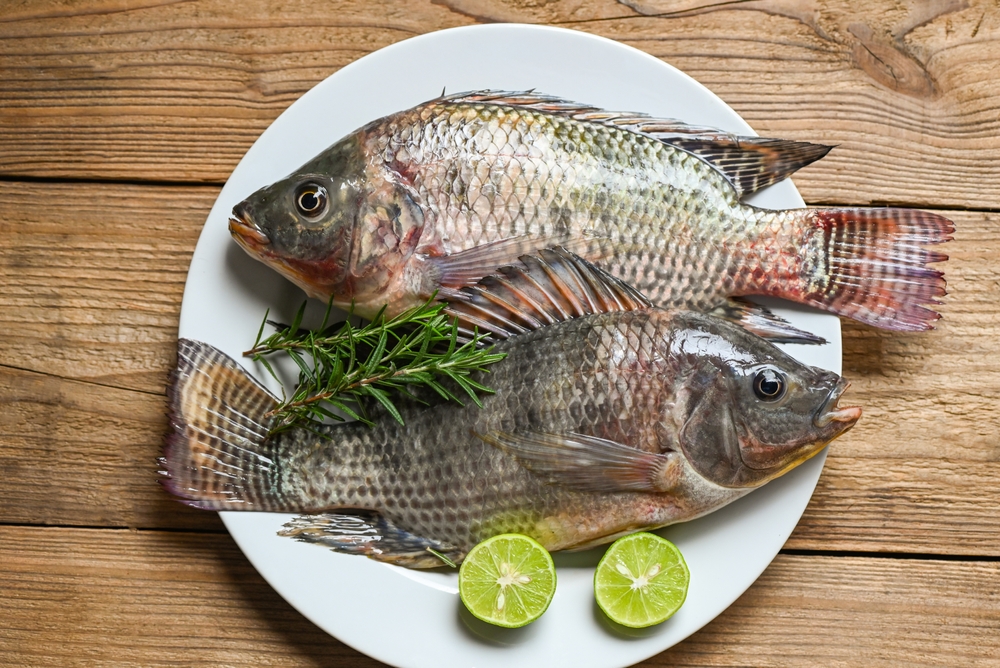
Tilapia is a freshwater fish that offers about 21 grams of protein per 3.5-ounce serving. It’s low in fat and calories, making it suitable for those seeking lean protein sources. Tilapia is also rich in selenium and vitamin D, supporting immune function and bone health. Its mild taste and firm texture allow it to adapt well to various seasonings and cooking styles, such as baking, grilling, or sautéing. Choosing sustainably farmed tilapia ensures environmental responsibility and quality.
Pork Tenderloin
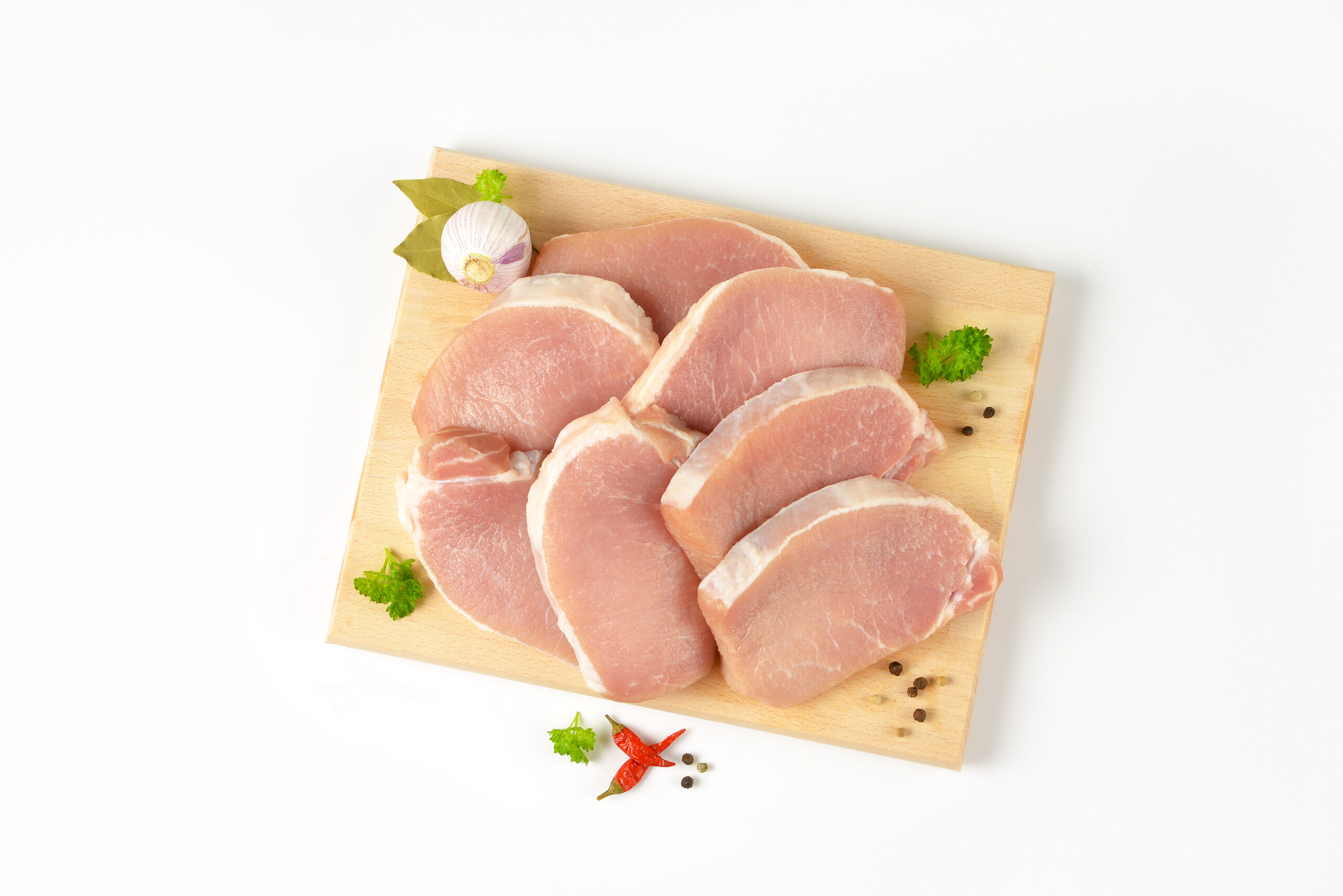
Pork tenderloin is a lean cut of pork that provides about 22 grams of protein per 3-ounce serving. It’s low in fat, with less than 3 grams per serving, and is a good source of thiamine, which is essential for energy metabolism. Pork tenderloin can be roasted, grilled, or sautéed, offering versatility in meal preparation. Trimming any visible fat before cooking helps maintain its lean profile. Including pork tenderloin in your diet can add variety to your protein sources while keeping fat intake low.
Scallops
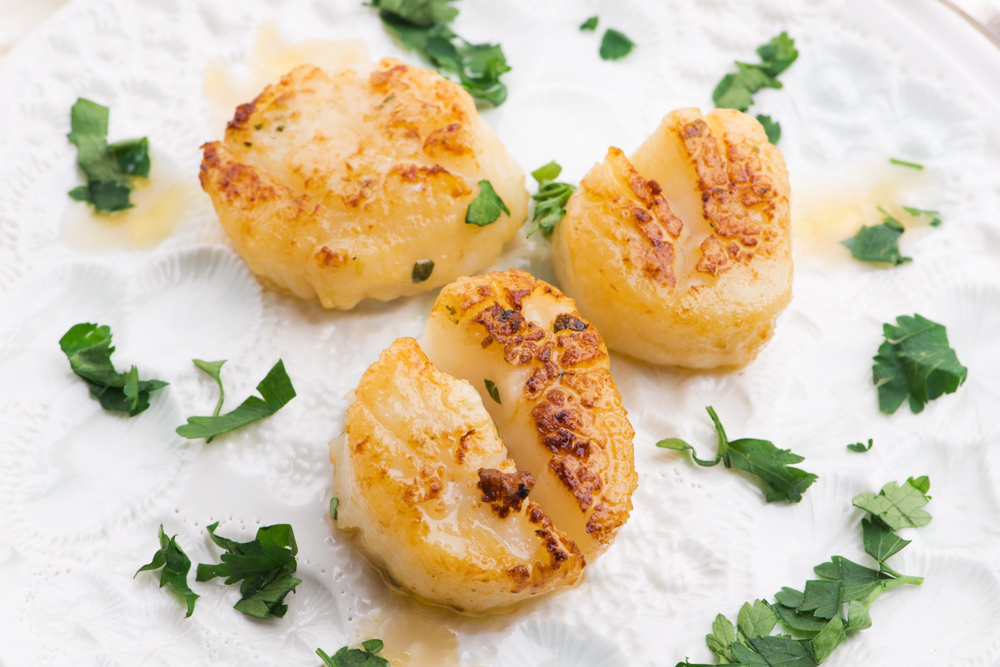
Scallops are shellfish that provide about 17 grams of protein per 3-ounce serving. They are low in fat and calories, making them an excellent lean protein choice. Scallops are also a good source of magnesium and potassium, which are important for muscle function and cardiovascular health. Their delicate flavor and tender texture make them ideal for searing, grilling, or baking. Including scallops in your diet can add variety to your seafood options while providing essential nutrients.
Venison
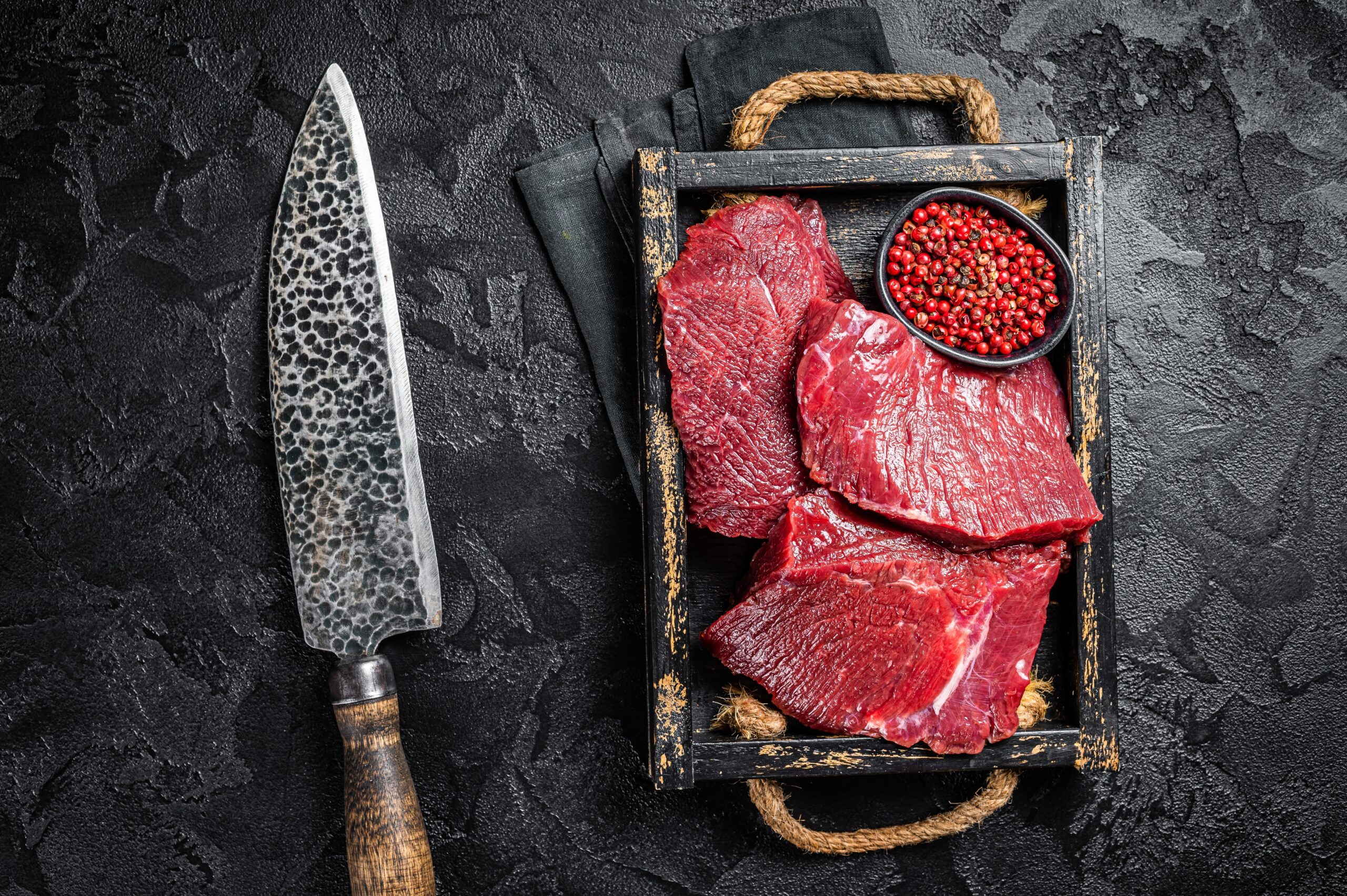
Venison, or deer meat, offers about 26 grams of protein per 3-ounce serving. It’s low in fat, with less than 2 grams per serving, and is a good source of iron and zinc, supporting immune function and oxygen transport. Venison’s rich flavor and tender texture make it suitable for various dishes, including stews, roasts, and steaks. Choosing lean cuts and proper cooking methods can help maintain its lean profile. Incorporating venison into your diet can provide a unique protein source with beneficial nutrients.
Beans

Beans, such as black beans, kidney beans, and chickpeas, offer about 15 grams of protein per cooked cup. They are low in fat and high in dietary fiber, which aids in digestion and helps maintain stable blood sugar levels. Beans are also a good source of iron and folate, supporting oxygen transport and DNA synthesis. They can be used in soups, stews, salads, or as a meat substitute in various recipes. Their affordability and versatility make them a convenient protein option.
Peas
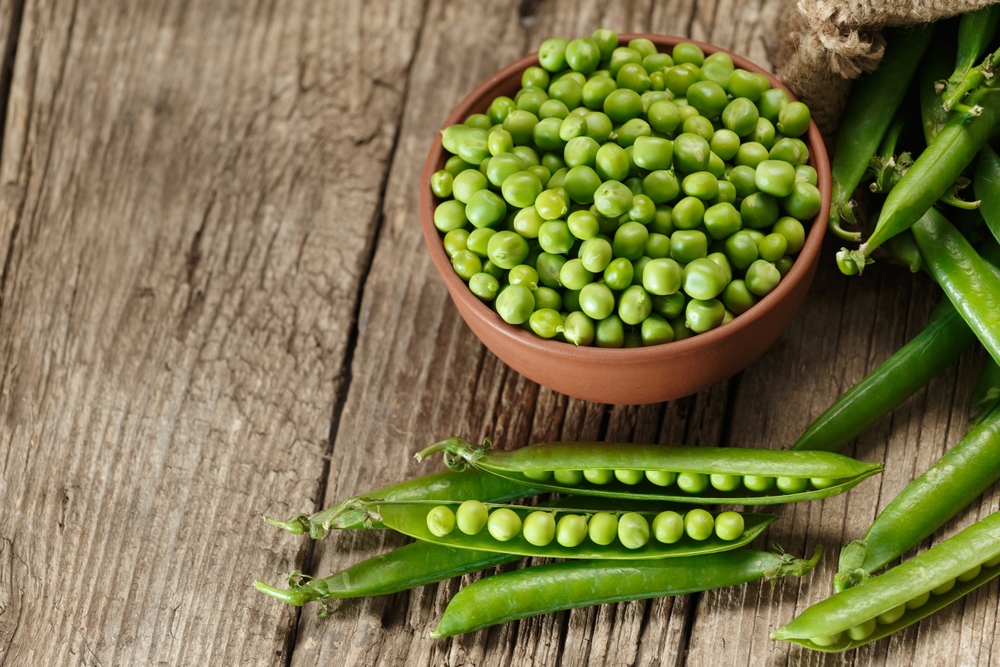
Peas are legumes that provide about 8 grams of protein per cooked cup. They are low in fat and high in dietary fiber, which aids in digestion and helps maintain stable blood sugar levels. Peas are also a good source of vitamins A, C, and K, supporting vision, immune function, and blood clotting. They can be used in soups, stews, salads, or as a side dish. Their sweet flavor and tender texture make them a versatile addition to many dishes.
This article originally appeared on RetailShout.
More From RetailShout
17 Underrated Supermarket Finds That Deserve a Spot in Your Pantry
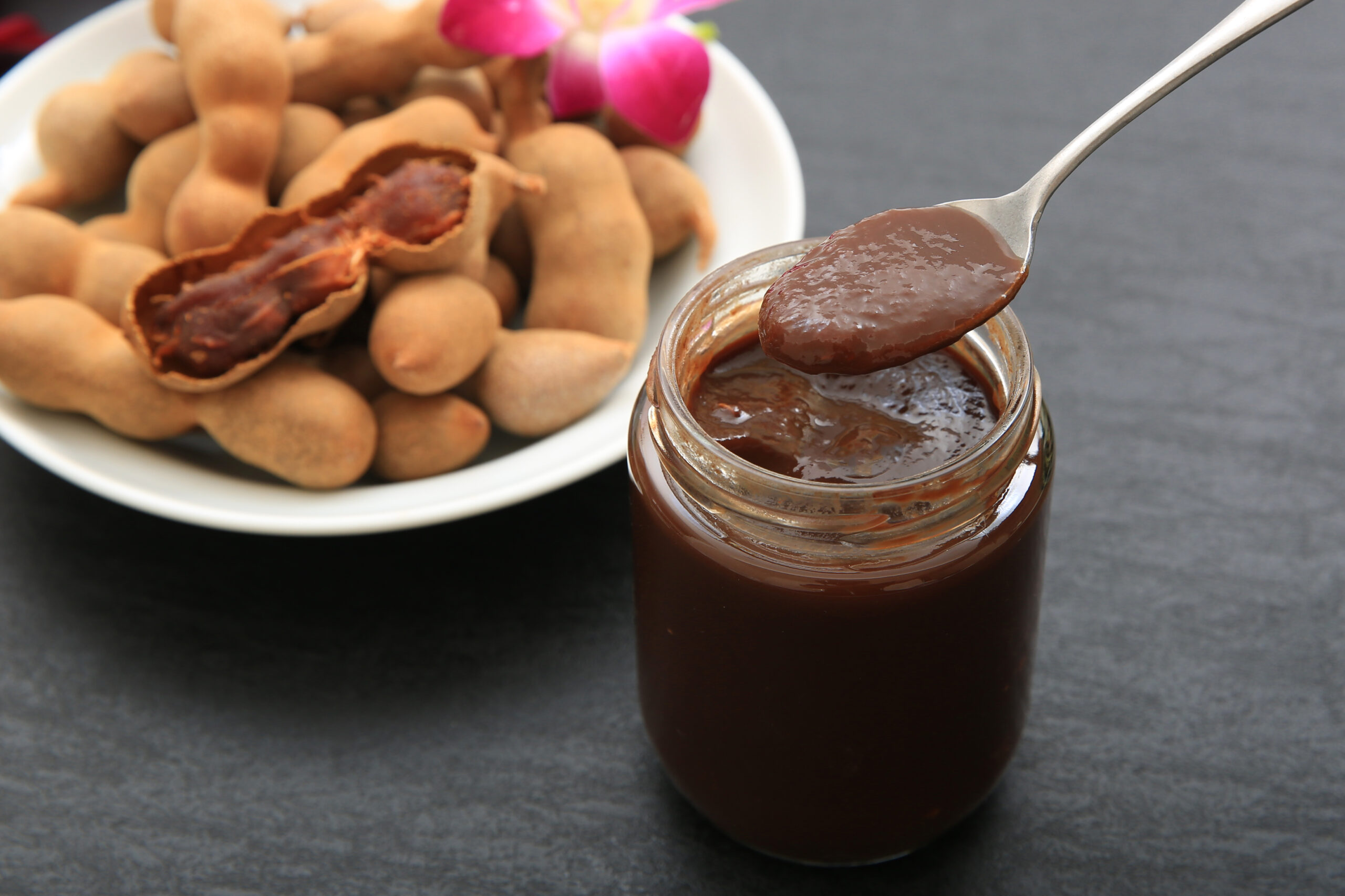
Sometimes, the best treasures in the kitchen aren’t the flashy or trendy items, but the quiet essentials that can make a big difference in everyday cooking. There are hidden gems on supermarket shelves that often go unnoticed, yet they can elevate your meals in ways you wouldn’t expect. Read More.
20 Unique and Fun Home Products to Grab at Target

Target is the go-to store for finding unique and fun home products that add personality to any space. With items that bring charm and creativity, your home can feel like a true reflection of you. Read More.
What Are 16 Hot Items at Trader Joe’s This Week (11/03/2024)
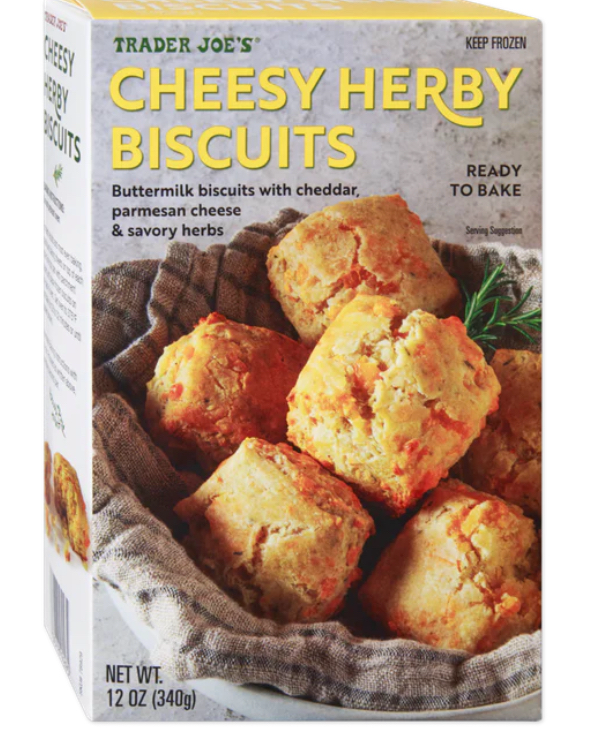
Trader Joe’s is dishing out some serious temptations this week! They’ve stacked the shelves with seasonal hits and must-try finds. So if you’re looking to spice up your meals, satisfy a sweet craving, or stock up on ingredients that would make any baker jealous, TJ’s has you covered. Read More.


